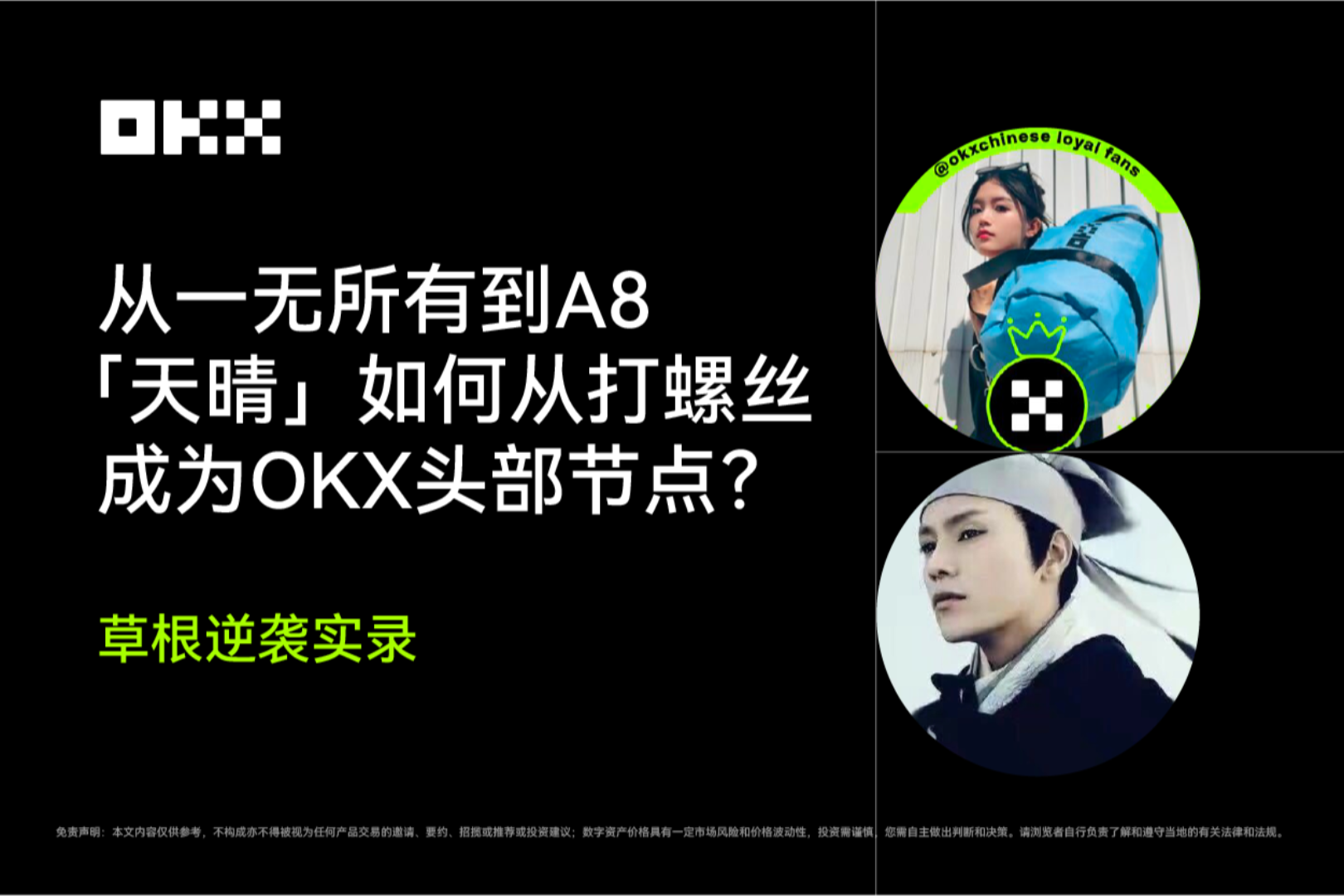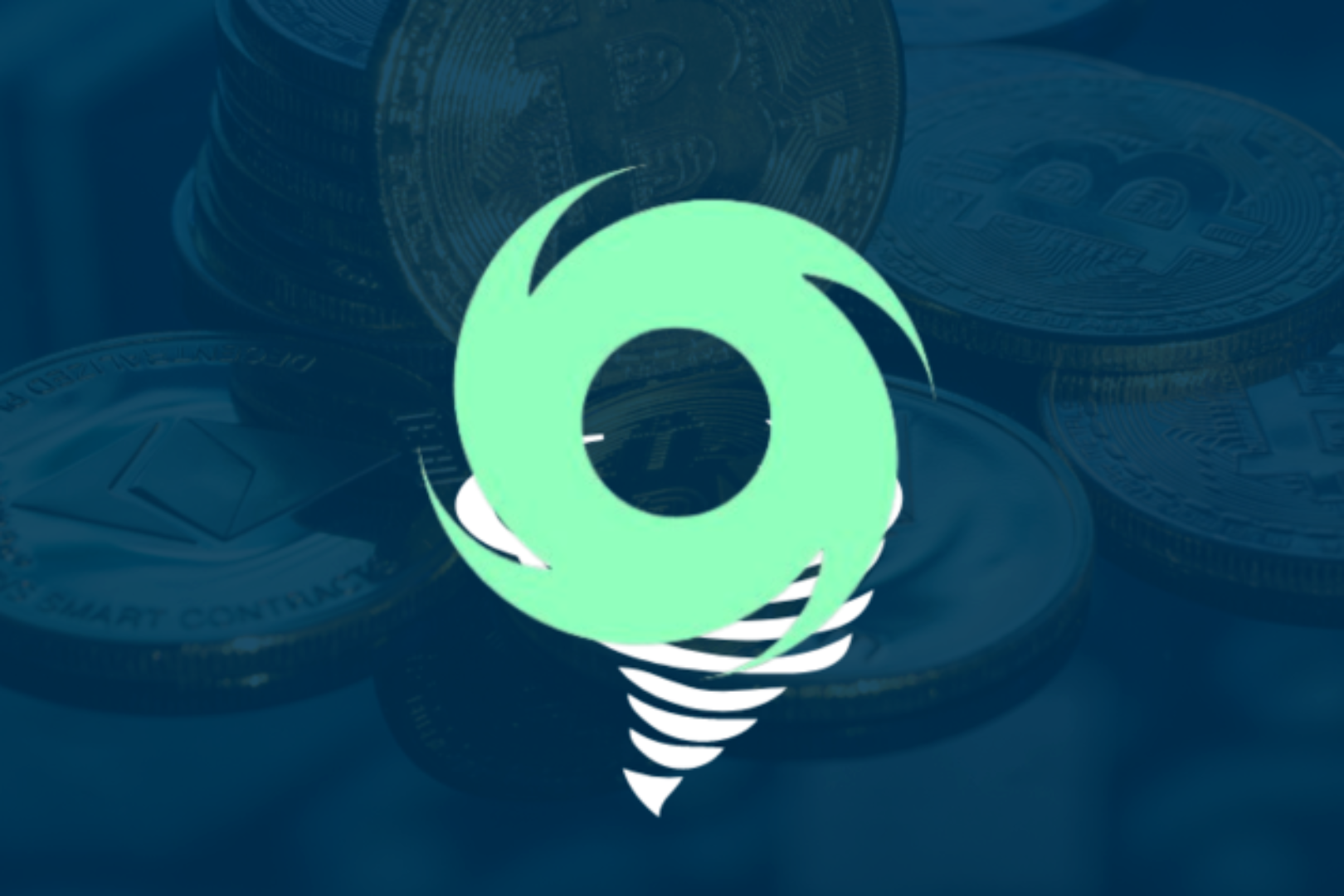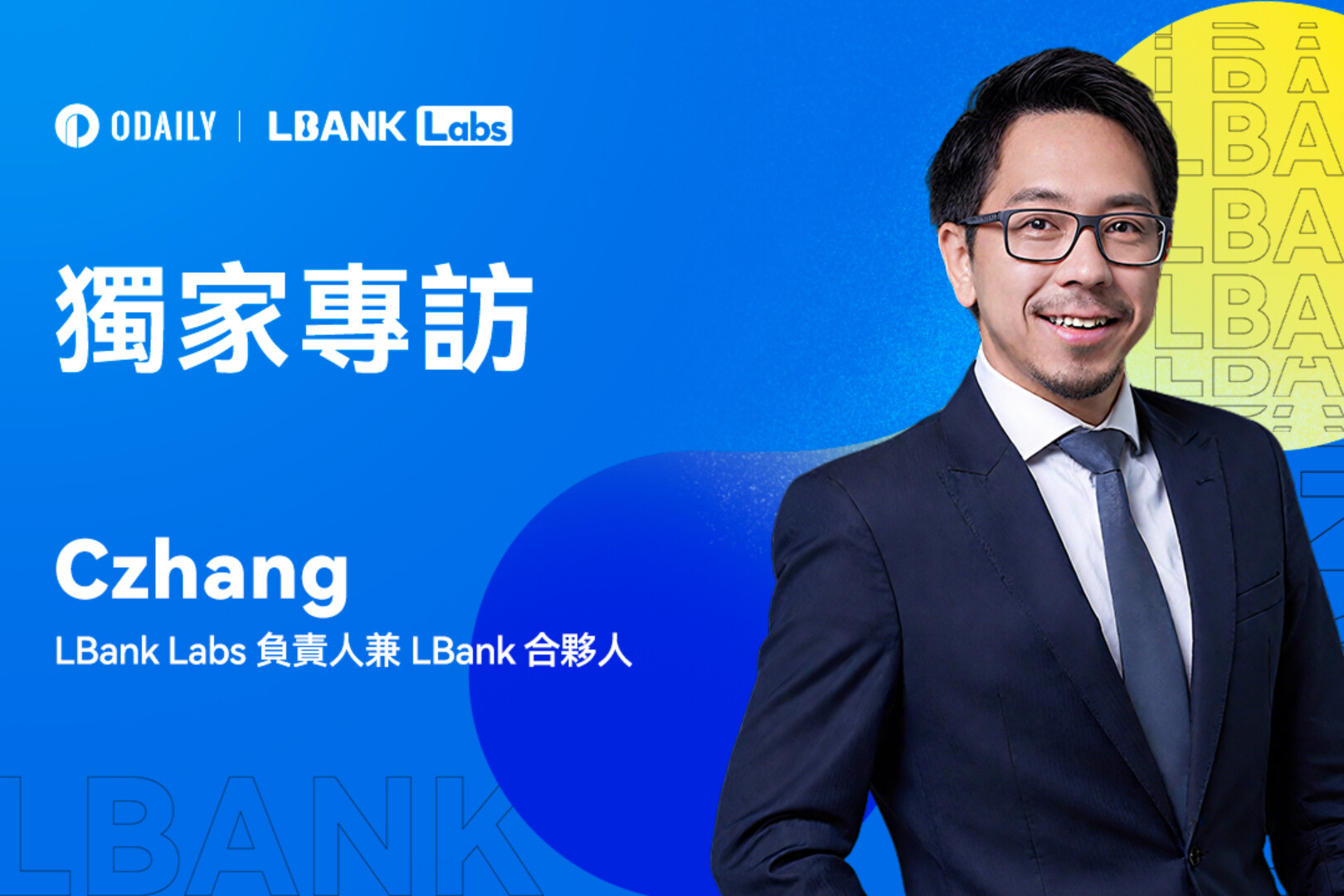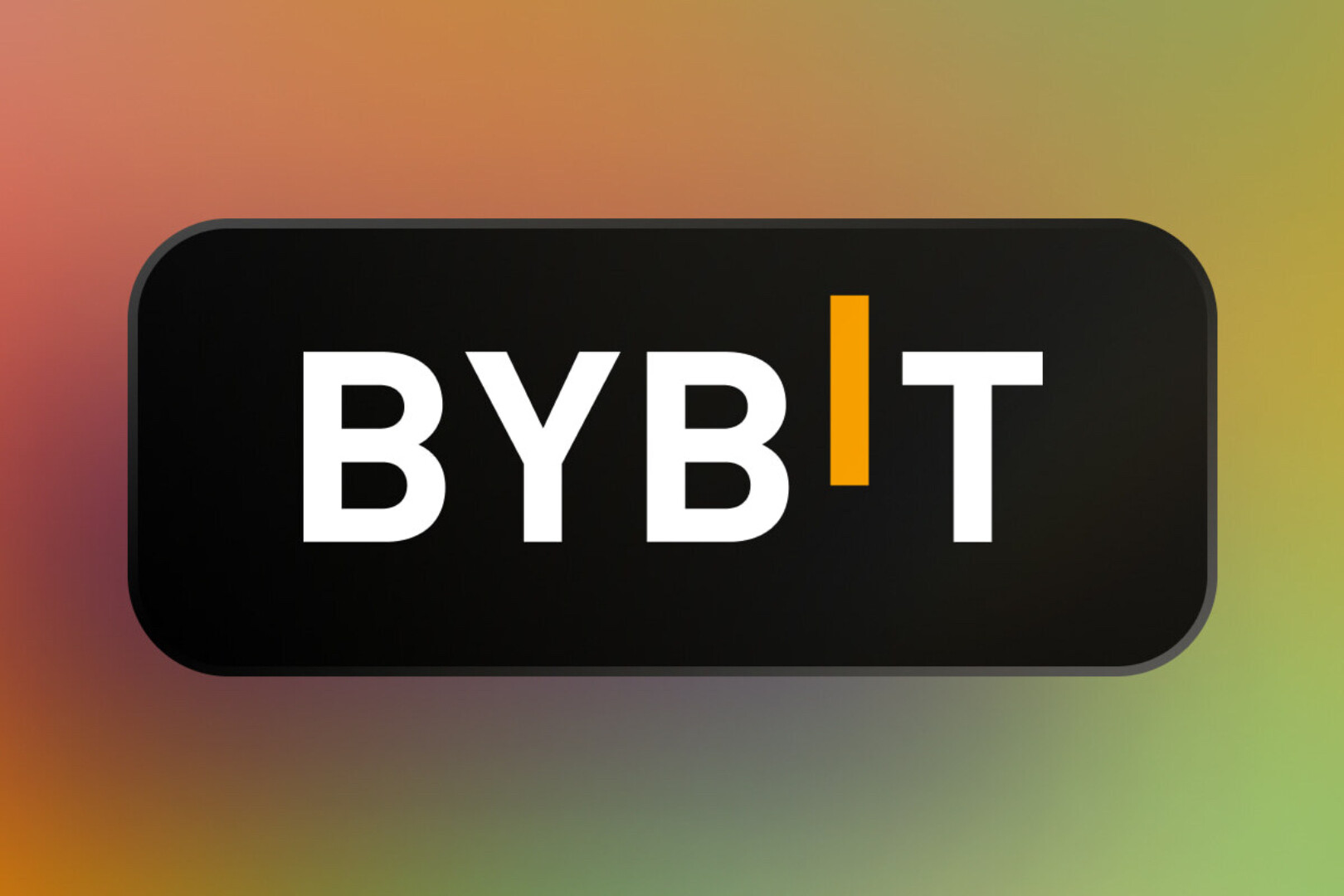
The whole point of blockchain is to create a global interconnected network of platforms and devices. Although the network can provide us with convenience and efficiency, it should also be properly integrated with privacy protection mechanisms to maintain the public interest.
Such a requirement is reasonable only when centralized business giants control users' raw data on a large scale. Over the past few years, business titans have paid billions of dollars in fines in response to worrisome copyright infringements and blatant privacy abuses.
secondary title
PlatON 2.0 White Paper
To realize its vision, PlatON has published a new white paper detailing its solution as well as its long-term goals.
The white paper focuses on the unique architecture of PlatON 2.0 - PlatON 2.0 contains a three-layer AI privacy network to ensure the integrity and scalability of the basic chain.
In addition, compared with the current layer 1 (Layer 1) solutions such as Ethereum, the PlatON network does have an advantage. In the case of Ethereum, its chronic scalability issues and high fees are well known, while Solana, despite its high throughput and high adoption, is still in mainnet beta and has recently experienced downtime issues .
PlatON's vision is crystal clear. The project plans to launch an infrastructure platform that can interface with autonomous AI agents.
PlatON hopes to promote the birth and development of advanced artificial intelligence through relevant cooperation, so as to further open the way of its exploration.
secondary title
Three-layer AI network model
To achieve its ambitious goals, PlatON has divided its development plan into three phases.
In the early stage, the PlatON portal is positioned as a reliable data sharing privacy network connecting users and developers.
In the second phase, PlatON will build a decentralized artificial intelligence marketplace, enabling asset sharing. At this stage, PlatON will apply artificial intelligence in all aspects.
Ultimately, PlatON will be a collaborative platform enabling collaborative AI in a scalable environment. In this environment, algorithm-driven computing power can properly and reliably solve complex problems.
Notably, PlatON is releasing a technology stack that fully addresses privacy needs that cannot be fully addressed by existing solutions. PlatON's development team analyzed the three basic elements (data, algorithms, and computing power) required to realize a decentralized AI network, and pointed out their importance in current applications and how to combine them in different ways, thereby Create solutions that are robust, private, and scalable.
secondary title
Why PlatON stands out
As PlatON develops further, the platform will remain decentralized, open 24/7 to projects and launch AI applications in a low-cost privacy environment that ensures high performance.
PlatON uses an optimized version of BFT consensus. The consensus is responsive and supports pipeline verification, parallel verification, and aggregated signatures.
Most importantly, AI training data on PlatON is traceable, tamper-proof, and auditable.
secondary title
The difference between PlatON 1.0 white paper and PlatON 2.0 white paper
The PlatON 2.0 white paper is a massive update to the overall community and cryptography.
Specifically, since PlatON has always insisted on implementing a dynamic but equally protective network layer that enables private computing, the 2.0 white paper reiterates this goal more directly.
The original PlatON white paper detailed a platform enabling trustless computing, but did not clearly describe how this would be achieved.
For example, in the early days, PlatON mentioned that the basis of privacy computing is the combination of secure multi-party computation (MPC) and homomorphic encryption (HE).
At the same time, under PlatON 2.0c, the PlatON team has further improved its privacy level. The 2.0 white paper mentions the use of "complex technology and deep learning" equipped with accelerated hardware.
In addition, under the new regime, PlatON is working on "private training of AI models and construction of AI agents", with more emphasis on interoperability between the same AI agents.
The result is clear at a glance. Under the 2.0 guidelines, PlatON will achieve lower development threshold and training costs, high performance, better decentralization, and stronger privacy—for a development and system that can accurately meet modern, privacy-hungry requirements. These are clear advantages for the platform.





